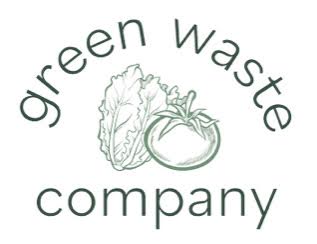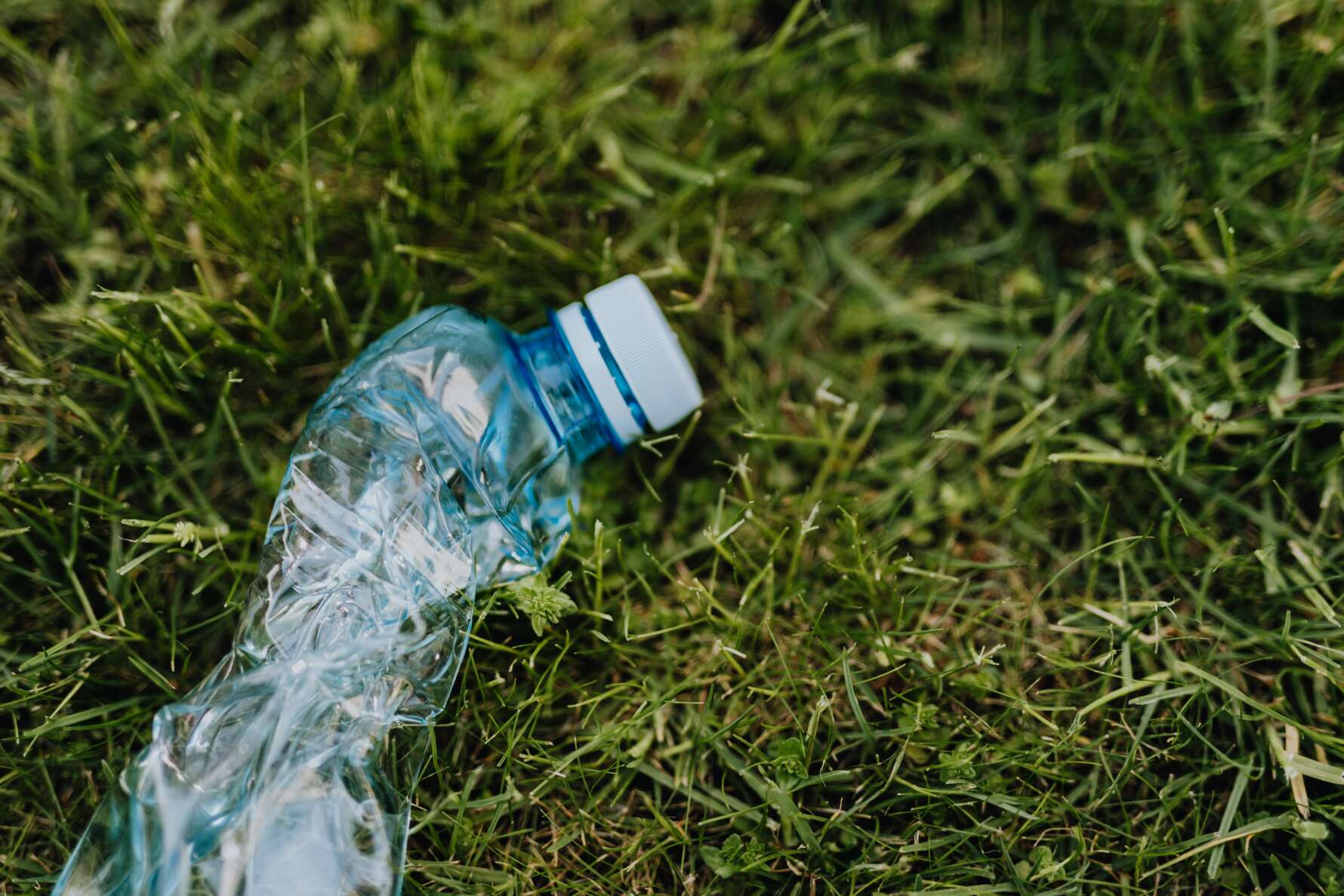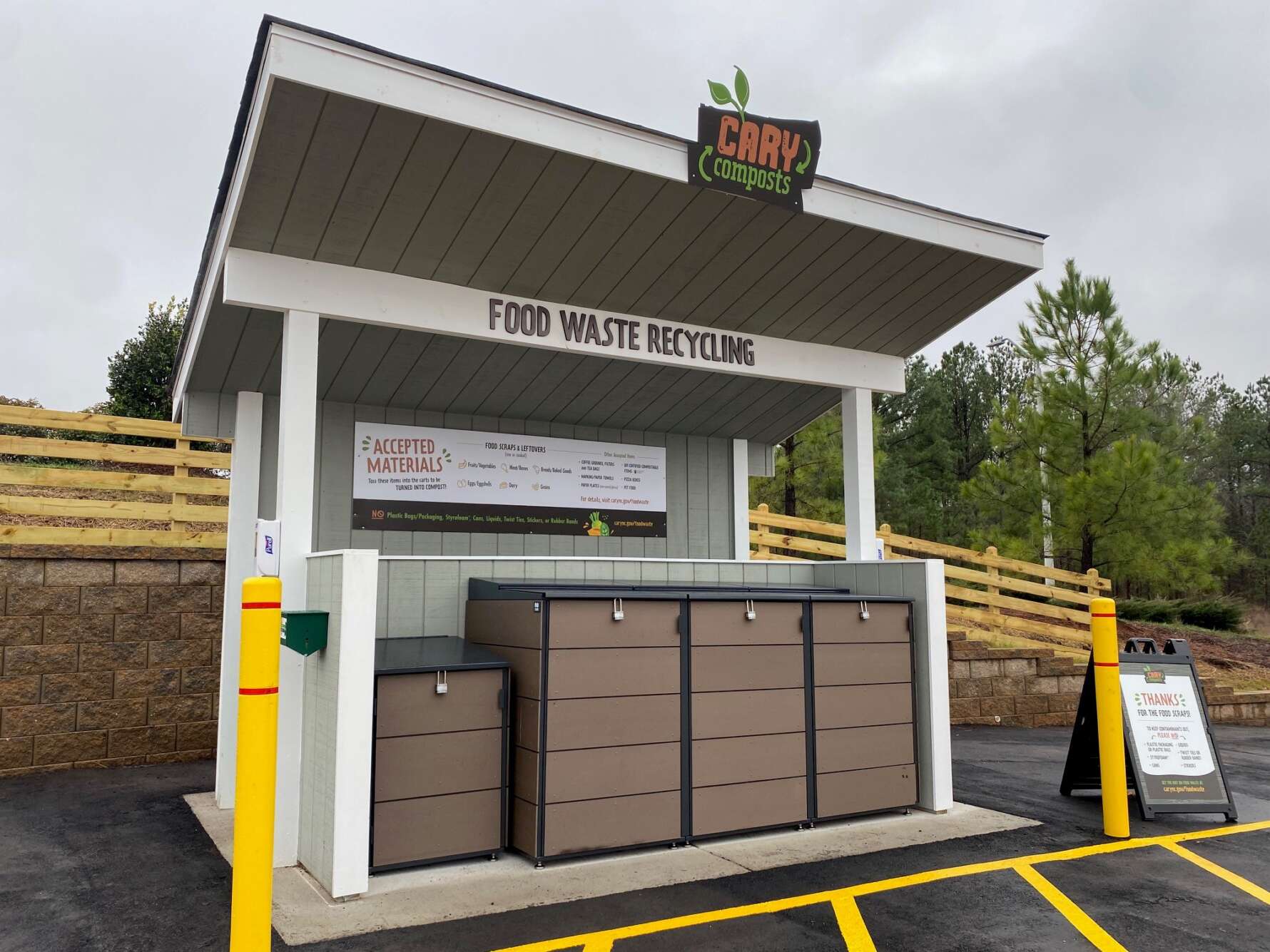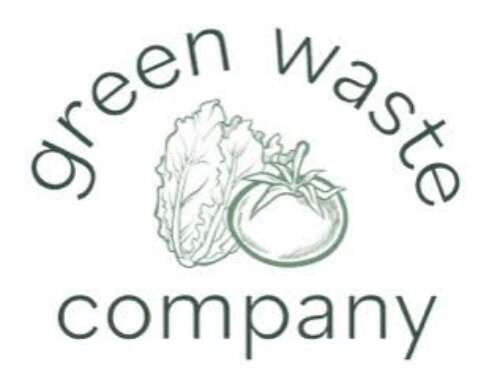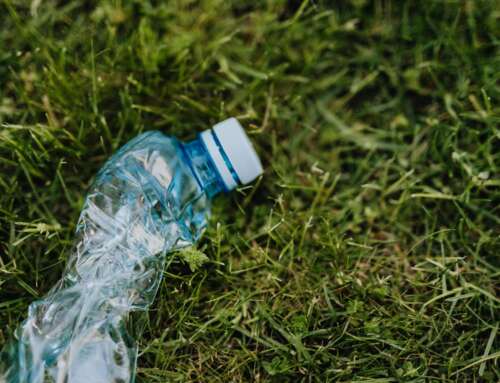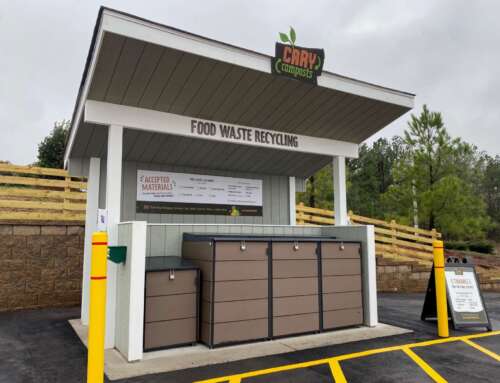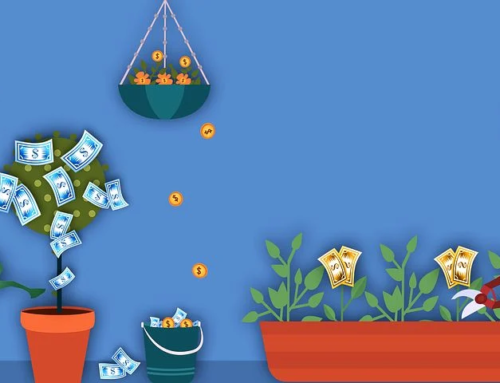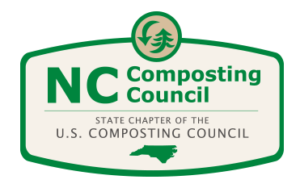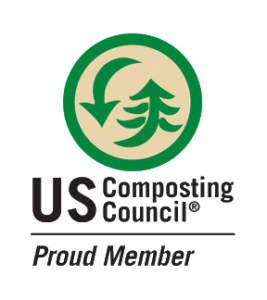10 Ways to Reduce Food Waste at Home
10 Ways to Reduce Food Waste at Home
Written By
Last Wednesday, Toward Zero Waste hosted a screening of Just Eat It, a documentary that follows filmmakers Grant Baldwin and Jen Rustemeyer as they try to live off nothing but food waste for six weeks. We also hosted four panelists – Rep. Zack Hawkins, Brandi Williams of Charlotte Public Service Divison, David Valder of Crown Town Composting, and Alison Bauer of Hungry Harvest – and asked them questions about food waste reduction at the business and government levels.
Food waste is estimated to account for between 30 and 40 percent of the U.S food supply, according to the USDA. This translates to billions of pounds of waste and billions of dollars worth of food, as well as wasted environmental resources and unnecessary emissions.
If you were inspired by our screening and panel, or are just looking to reduce your food waste at home, here are 10 tips to start you on your way.
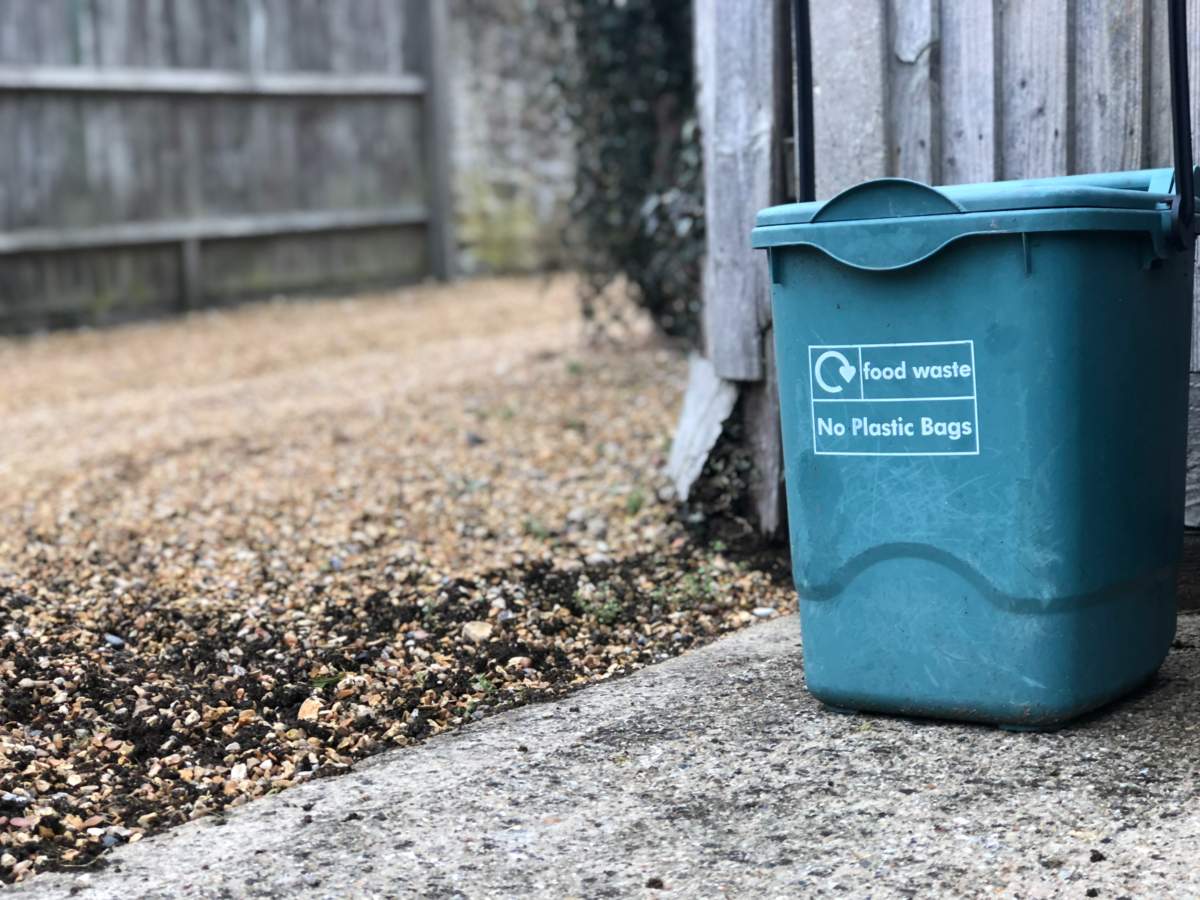
Photo by Patricia Valério on Unsplash
1. Conduct a “food waste audit”
This is one of the best places to start if you’re looking to reduce your food waste. Take two weeks to observe and record what you’re throwing away and why. Afterwards, you should have a pretty good idea of what areas you need to make improvements in and what course of action you should take to get started.
2. Meal plan
Most people end up buying more food than they need when grocery shopping. Planning out your meals in advance and having a detailed grocery list to follow in store will help ensure you’re not buying more than you can eat. It’ll save you money in the long term, too.
3. Organize your fridge and pantry
Foods you don’t reach for often will likely end up in the back of your fridge and pantry, only to be forgotten about and go bad. Try organizing your foods with the “first in, first out” method, putting newer items behind older ones so you eat those first.
4. Utilize your freezer
Leftovers, herbs and produce on the fringe of going bad are all great candidates for freezing. Pop them in a freezer-safe container and dethaw when ready to eat. This way, you have food ready for later rather than waste to send to a landfill.
5. Buy ugly produce boxes
When produce doesn’t meet the aesthetic requirements held by some grocers, farmers will often toss them, despite the food being perfectly edible. Some businesses, like Hungry Harvest, will save this produce and deliver it straight to your door. They have reduced over 20 million pounds of food from going to the landfill just by saving “ugly” produce.
6. Reuse scraps
There are plenty of ways to reuse your food scraps in and out of the kitchen. You can save your vegetable skins and peelings to make vegetable stock, citrus peelings to make an infused cleaner, or coffee grounds to add to your plants as fertilizer.
7. Understand expiration dates
“Use by” or “best buy” dates don’t always mean your food has gone bad. It probably just means that they are past their peak quality, freshness, and tastiness – not that they’re inedible. Take them with a grain of salt.
8. Store food correctly
A lot of food waste stems from spoilage, so learning how to properly store your produce can help reduce the amount you send to landfills. For example, separate foods that produce ripening-promoting ethylene gas, like bananas, from those that don’t.
9. Compost the waste you do make
You’ll inevitably make some amount of waste in the kitchen. When you do, don’t send it to a landfill – compost it. You can do it yourself with some dirt and a compost bin, or take part in a composting service, like Crown Town Composting in Charlotte, that will collect your food waste and compost it for you.
10. Get creative!
Challenge yourself to make meals with what you have instead of going to the store to buy more ingredients. It may seem impossible, but creativity goes a long way in making great meals while reducing your food waste (and saving money!).


